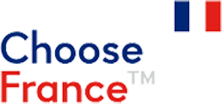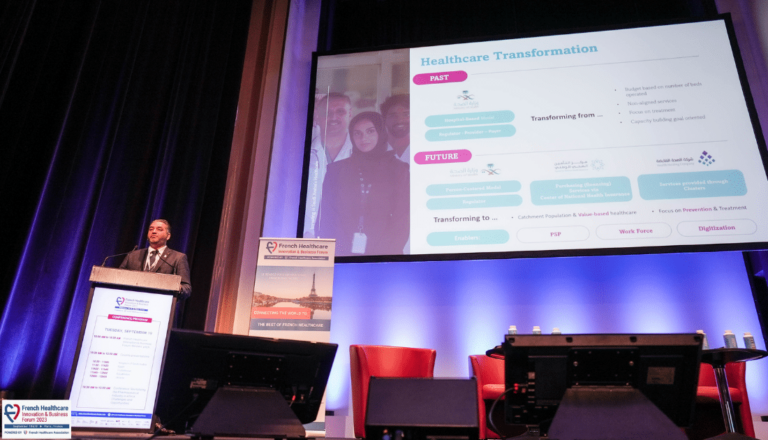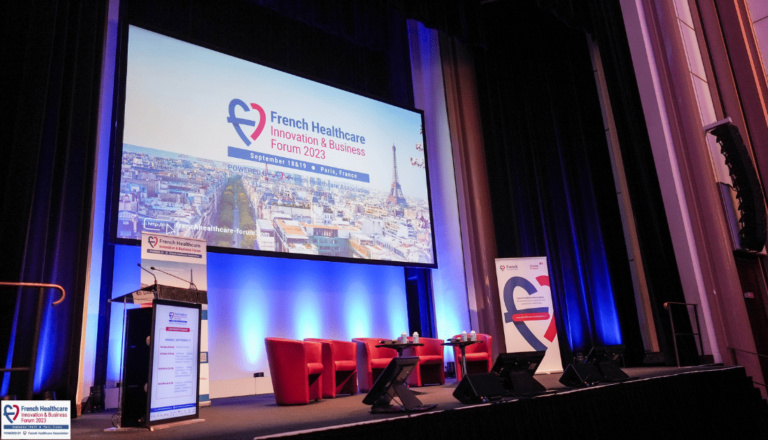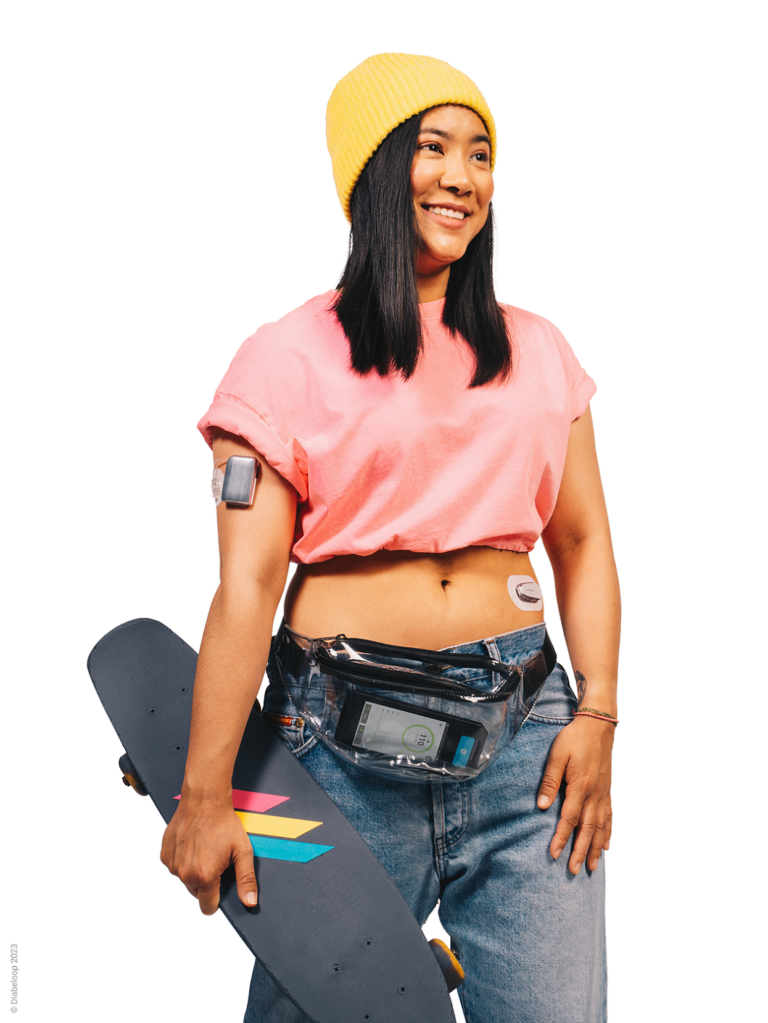MedTech
Innovation drives the growth of French industry French medtech has strong innovation capabilities thanks to talented academic researchers, increasing amounts of funding and ambitious entrepreneurs. It is disrupting the industry with artificial intelligence, the Internet of Things and quantum technologies.
Artificial intelligence for diabetics. The SME Diabeloop, based in Grenoble, in the French Alps, has developed an innovative device designed to automate the delivery of insulin. This jewel of the French Healthcare industry raised €70 million this summer, bringing to more than €100 million the funds collected over the last five years. Its “artificial pancreas”, which resulted from joint work with CEA, a key player in French research, customizes the delivery of insulin via a pump. After having been awarded the CE mark in 2018, then being launched on the market in 2021, the device is currently being used by more than 10,000 patients in Europe. It is expected to be approved by the US Food and Drug Administration (FDA) in 2023.
This innovative company illustrates the dynamism of the French “MedTech” sector. The term “MedTech” refers to all medical devices – surgical robots, telemedicine objects, medical imaging, but also artificial hearts and even the masks and respirators that were in such great demand during the recent crisis. The European market, the 2 nd largest in the world after the United States, is worth €140 billion a year.

Export and Attractiveness
The French industrial fabric includes 1,440 MedTech businesses, 93% of which are small and medium sized companies that together employ 88,000 people.
The industry generated revenue of €30.7 billion in 2021, of which €10 billion, or almost a third, was from exports (+4% compared with 2020). “The growth of French medtech is export-driven,” says Florent Surugue, Director of Economic Development at the French National Professional Organization of the Medical Technologies Industry (SNITEM 1 ). Some companies generate over 90% of their revenue abroad, such as Echosens, which has developed a diagnostic solution for the liver. In addition, France has demonstrated its attractiveness by appealing to foreign industry giants. For instance, GE Healthcare, a global leader in medical imaging equipment, employs 2,600 people in France, includinag 400 R&D engineers at its site of international excellence in Buc, near Paris. Another US group, Zimmer Biomet, has invested €20 million in a new site dedicated to surgical robotics, in Montpellier.
The main reason of this attractiveness? Innovation.
On average, French MedTechs spend 7% of their revenue on R&D. Family business BioMérieux, near Lyon, has become the global leader in the area of in vitro diagnostics.
The Franco-Italian group EssilorLuxottica leads the global ophthalmic lenses market. French excellence is also striking in many other fields such as prostheses (Lépine, Menix, Thuasne) or compression stockings (Innothera, Sigvaris). Urgo Medical, in partnership with French researchers, is also working on futuristic solutions for advanced wound healing, such as artificial skin.
A medical revolution is taking place, at the crossroads between artificial intelligence (AI), the Internet of Things and quantum technologies. AI enables radiologists to better detect diseases. Physicians practice minimally-invasive surgery with the help of surgical robots. They are able to carry out very precise operations inside their patients’ bodies, using a simple joystick. French researchers are working on implants that repair tissues, too.

Private investors have understood the potential of French MedTech
This year they have injected €40 million in the startup Wandercraft, which makes exoskeletons for disabled individuals; €40 million have also been invested in Résilience, a company that has developed an application for people with cancer; and €17 million in the startup company Cairdac for its leadless self-sustainable pacemaker.
Last year CorWave raised €35 million in order to market its heart pump, which reproduces a pulse and blood flow rates similar to those of a healthy heart, with very few complications. As for MicroPort CRM, it raised €90 million in June 2020 and €128 million in July 2021 from Asian investors. There are many more examples.
The aim of the France 2030 investment plan unveiled by Emmanuel Macron is to inject €7.5 billion into healthcare, including a €400 million budget dedicated to MedTechs. The president has called for “the medical devices of tomorrow to be created in France.”
The ambition is clear, the course has been set, and French industry has all the assets it needs to meet the challenges!





